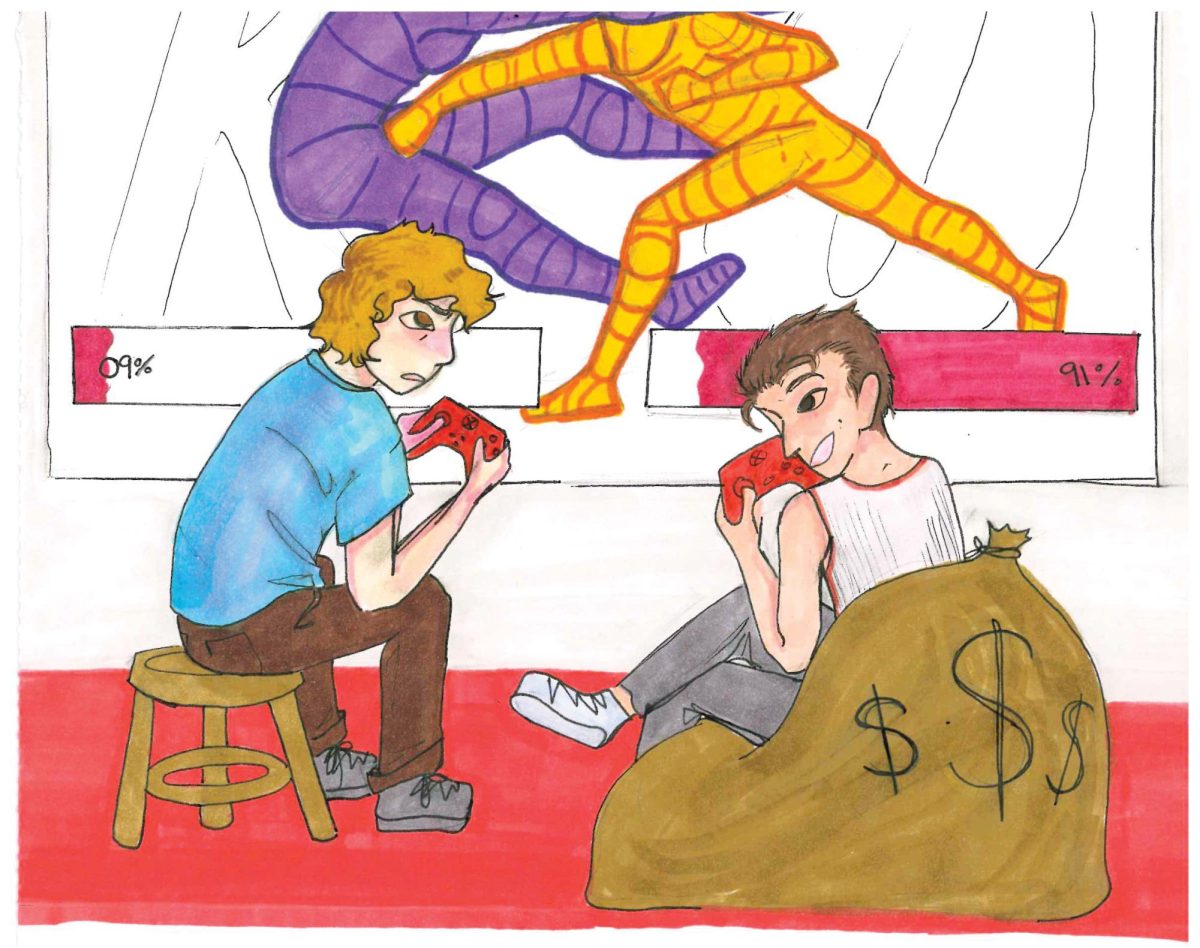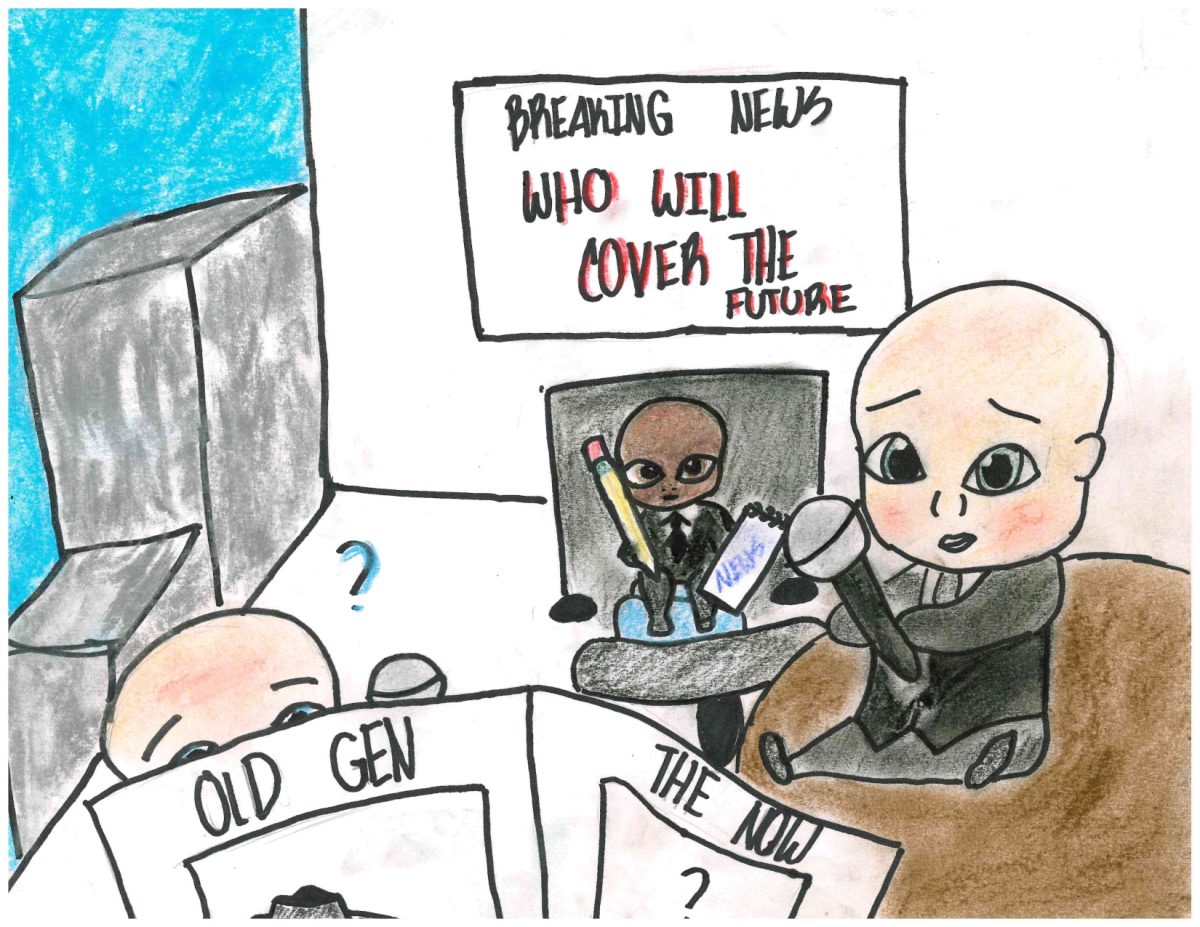Over-monetizing games negatively impacts the gaming industry and community by harming game balancing or encouraging the people who play games to gamble at ages when it would be illegal.
According to Statistica.com, the net revenue generated by Electronic Arts from extra content sales from 2018 to 2024 reveals EA’s annual profit from extra content has increased rapidly since 2018.
In addition, looking at the total revenue of EA within 2024 you can see how much extra content was contributing to that.
According to Statistica.com, the net revenue generated by EA in 2024 is $7.6 billion, while its revenue from extra content is $4.4 billion. In total, 58% of all revenue was just from extra content. This is not good for gaming and the satisfaction of players.
The issue of paying for extra game content also extends to currency. This is most seen in the free to play mobile game industry. There are typically two main currencies, a common currency that can be earned through playing the game or being bought by the second currency. The second premium currency is best obtained through purchasing and also can buy other cosmetics or tools to speed or improve progression.
As shown by Statistica.com, the free to play industry in the year of 2023 made $83.21 billion, which can be accredited to in-app purchases and purchasing of premium currencies. This spells a bad omen for mobile games, where mobile games will try to follow the current monetization policy and end up with games where you cannot progress without spending considerable amounts of money.
A large problem within the gaming industry and monetization is loot boxes, which are a mystery bundle of items that can be used in games. They can either be purchased with real-world money or earned throughout playing the game itself. However, they can be purchased with no identification on the purchaser’s age.
The legal definition of gambling according to Cornell Law, “is when a person bets or risks something of value (like money) based on a chance outcome that is out of their control or influence with the understanding that they will either gain increased value or lose their original value determined by the specific outcome.”
The age at which someone can legally gamble is 21, and loot boxes do not have those restrictions. Some countries within Europe create laws and regulations around loot boxes banning them.
As stated by the National Library of Medicine, “The main finding, that loot box purchasing independently predicts problem gambling and at-risk gambling amongst young people, supports the need for consumer protection tools in games with loot boxes.”
The fact that loot boxes can be purchased by people as long as they have some form of online payment means the system doesn’t protect its users, which is grossly negligent.
To protect not only the gaming industry, but the culture as a whole, consumer protection around monetization within games is vital to protect not only the market but also the people who play those games.
Over-monetization ruins gaming industry
Making games unbalanced and sectioning off parts of the game in favor of making money, companies who push over-monetization are hurt gaming.
0
More to Discover







